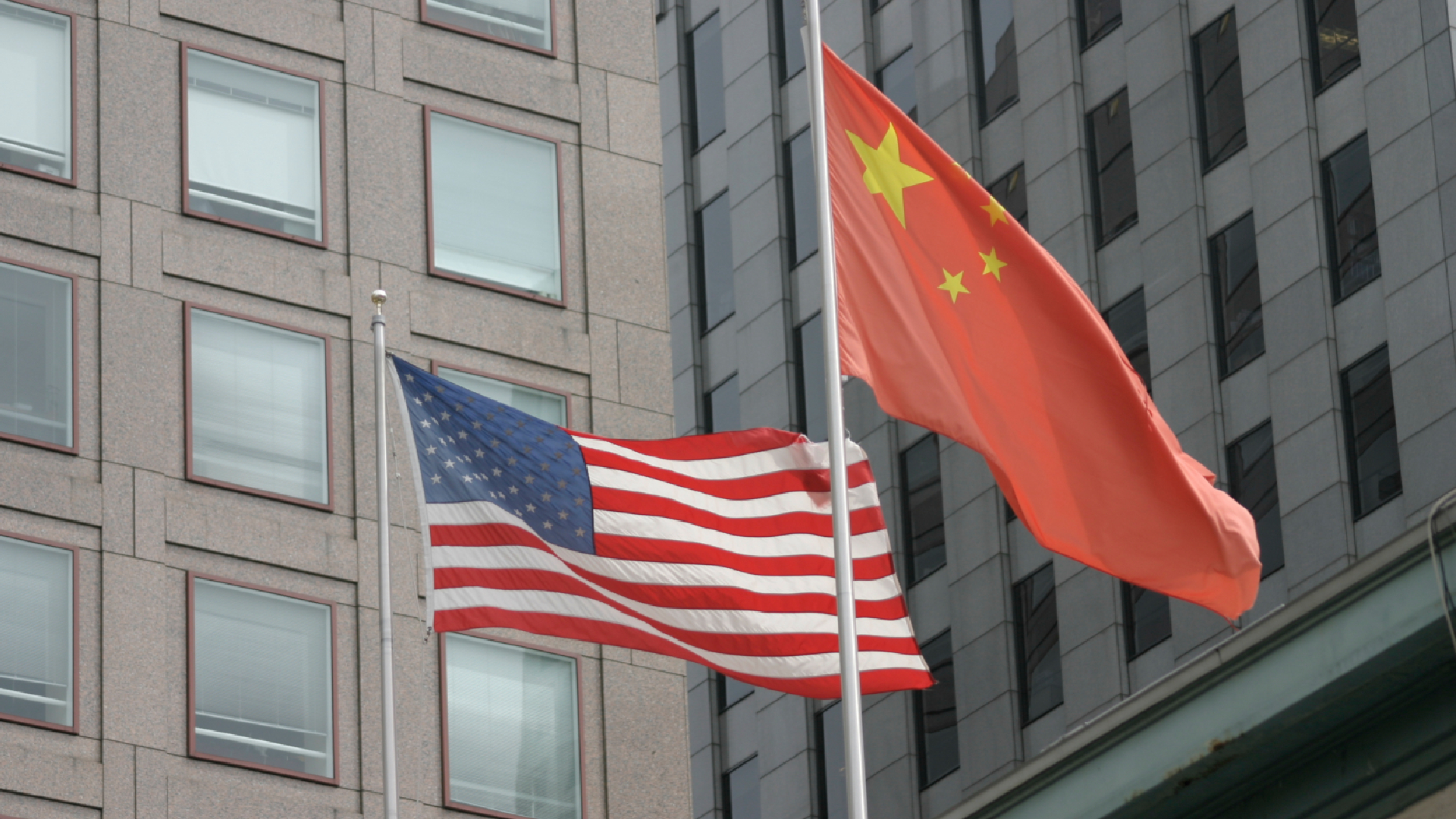Diplomatic efforts by China and the US to vie for influence in the South Pacific are likely to intensify in the coming years.
This assessment was issued to clients of Dragonfly’s Security Intelligence & Analysis Service (SIAS) on 28 September 2022.
A security pact between China and Solomon Islands signed in April seems to have pushed the US and other Western states to step up their outreach in the region. And while we assess that China is likely to struggle to expand its security footprint in the South Pacific, regional countries will probably see economic assistance as a separate issue. Kiribati, Tonga, and Vanuatu in particular are likely to deepen their engagement with China on this basis.
Flurry of diplomatic activity
Western countries, primarily the US and Australia, are likely to further expand their economic and diplomatic efforts in the South Pacific to counter China in the medium to longer term. In recent months, the US announced new embassies in Kiribati and Tonga while Australia has also engaged in a flurry of Pacific diplomacy. This seemed at least partially in response to China’s efforts to extend its sphere of influence there, specifically its defence pact with the Solomon Islands. That prompted press and think tank speculation that it would pave the way for a permanent Chinese military base in the region.
We do not anticipate China to substantially expand its security presence in the region, however. The premier of Solomon Islands has refuted the claims it will allow a Chinese base in its territory. And China’s foreign minister also failed to win support for further cooperation with the Pacific during his regional tour in May and June. Many Pacific states are wary of expanding their relationship with China on security matters if it is at the expense of their existing strong ties to Western countries including the Five Eyes nations, Australia, New Zealand, UK and US. In sign of this, Papua New Guinea (PNG) is now seeking a new security agreement with Australia.
Money talks
Regional countries will probably leverage US-China competition, and concerns about the potential for China to project military power closer to Australian and US territory, to obtain assistance from both sides. Some countries have already responded positively to recent Western diplomatic overtures. In May, Fiji joined a new US initiative to counter China’s economic influence in the Pacific. That said, many still see China’s economic assistance as an opportunity separate to security:
- PNG is continuing negotiations over a free trade agreement with China.
- Samoa, Fiji, and the Federated States of Micronesia have also signed cooperation documents with Beijing, despite previously signalling concern over China’s growing influence.
There are some countries that remain more open to closer engagement with China however. According to a report by Reuters from 28 September, the Solomon Islands is now refusing to sign a declaration on the US-Pacific partnership. And the government of Kiribati also appears to have closer ties to Beijing; according to international reports citing US officials, Kiribati is also in talks with China to sign a bilateral security deal, and there are also Chinese-backed plans to renovate an airstrip on Kanton Island. In addition, countries with relatively high levels of Chinese-owned debt, such as Vanuatu and Tonga, are more likely to see an expanded Chinese footprint.
Image: View Of National Flags Against Building In City – stock photo; Michael Macdonald / EyeEm




